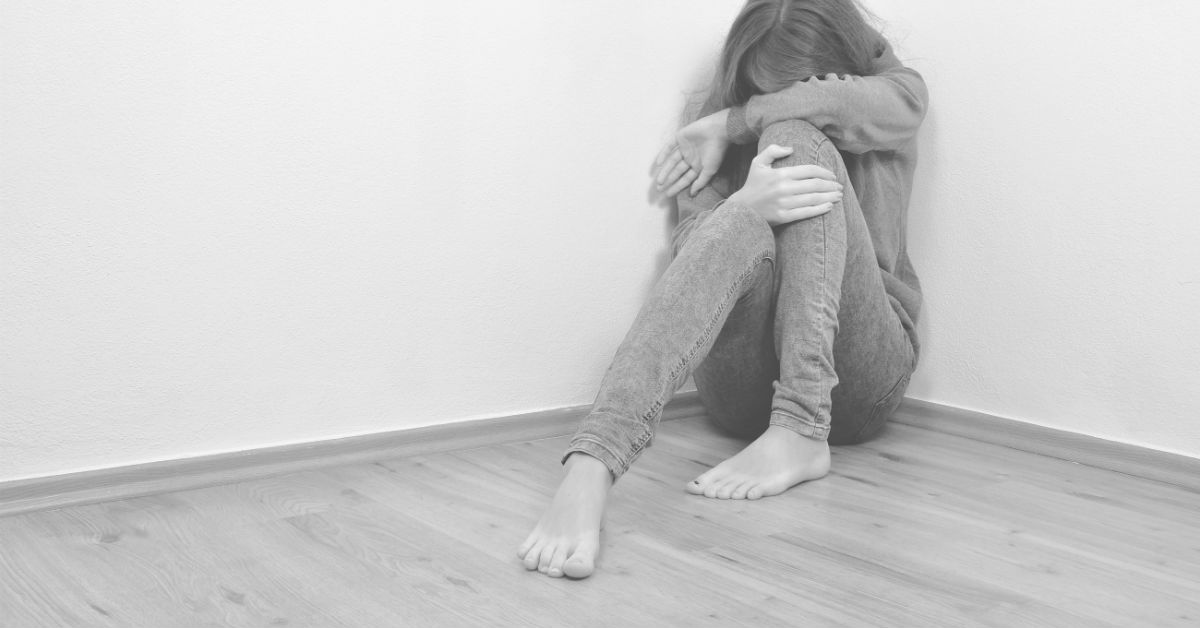There is a range of teenage behavior going from irritating to deeply troubled. But what some families define as troubled may not be troubling behavior from another family. However, as residential treatment centers are industry experts on troubled teens, some counselors use their definition of a “troubled” teen to define certain behaviors and actions as “troubled”.
How Residential Treatment Centers Define Troubled
Residential treatment centers define “troubled” as continual behaviors which affects the teen’s ability to function appropriately within their societies. This can encompass a range of behaviors, such as:
- Substance abuse
- Uncontrolled anger
- Depression
- Anxiety
- Defiance
The above behaviors are some of the most commonly displayed by troubled teens, though they often have an accompanying subset of issues.
What It Means To Be A Troubled Teen
Being a troubled teen can have a profound effect on a teen’s future. While many parents expect their teens to outgrow poor behavior, for some teens who go without direct intervention, they may never outgrow their troubled behavior, going from troubled teen to troubled adult. Some kind of troubled adults troubled teens grow to become are:
- Failure to thrive – These troubled adults never quite outgrow the childishness of their teenage behaviors. Many choose to stay reliant on family, friends, and other resources while choosing not to take control of their own lives.
- Substance abusers – From hardcore drug users to functional alcoholics, many troubled adults use a variety of substances to cope with daily life, as these adults never learned to properly handle their troubles.
- Constant underachievers – Troubled adults who are constant underachievers choose not to challenge themselves. Instead, they choose the path of least resistance, allowing opportunities to slip away in pursuit of the easy way, even if it means ignoring their potential. This may be the best of the troubled adults but it is still not what teens should aspire to become.
- Emotionally/mentally unstable – Many troubled teens suffer from mental illnesses, and when left untreated, this can profoundly affect their adult lives. These effects can range from being unable to establish a strong romantic relationship to crippling outbursts of emotion.
- Homeless – Along with the instability those with untreated mental illnesses face, homelessness is a very real option for troubled adults.
How Residential Treatment Centers Can Help
Residential treatment centers can help troubled teens who are in need of intensive therapy, especially as other therapeutic methods have failed. By having early and decisive intervention early in their lives, troubled teens can learn to manage their issues so they can go forward to become stable adults.
While Help Your Teen Now is not a residential treatment center, we know the best ones currently available, along with other program options for troubled teens. Contact us if you feel you need help finding the right program for your troubled teen and we will help you free of charge.










0 Comments